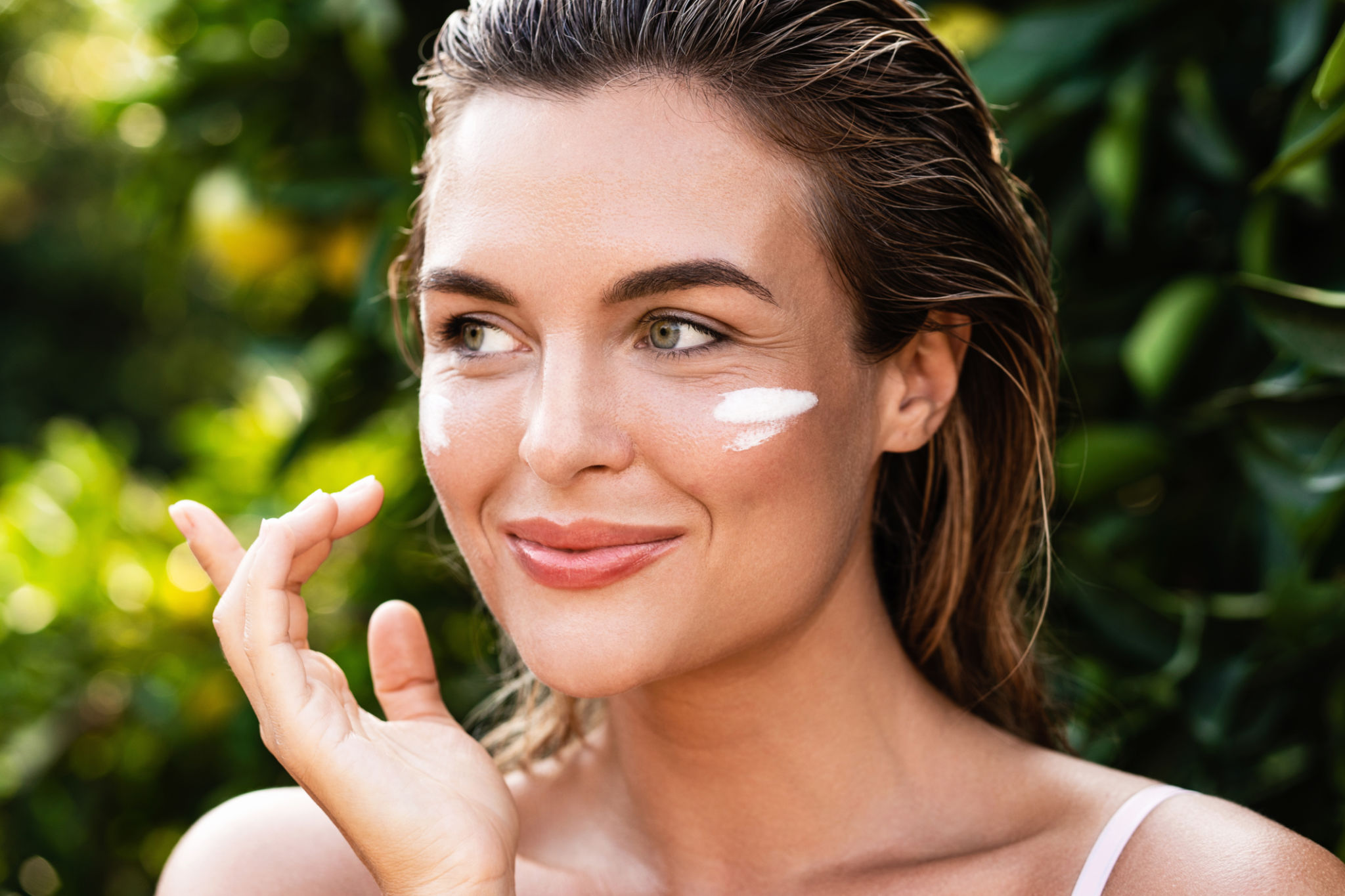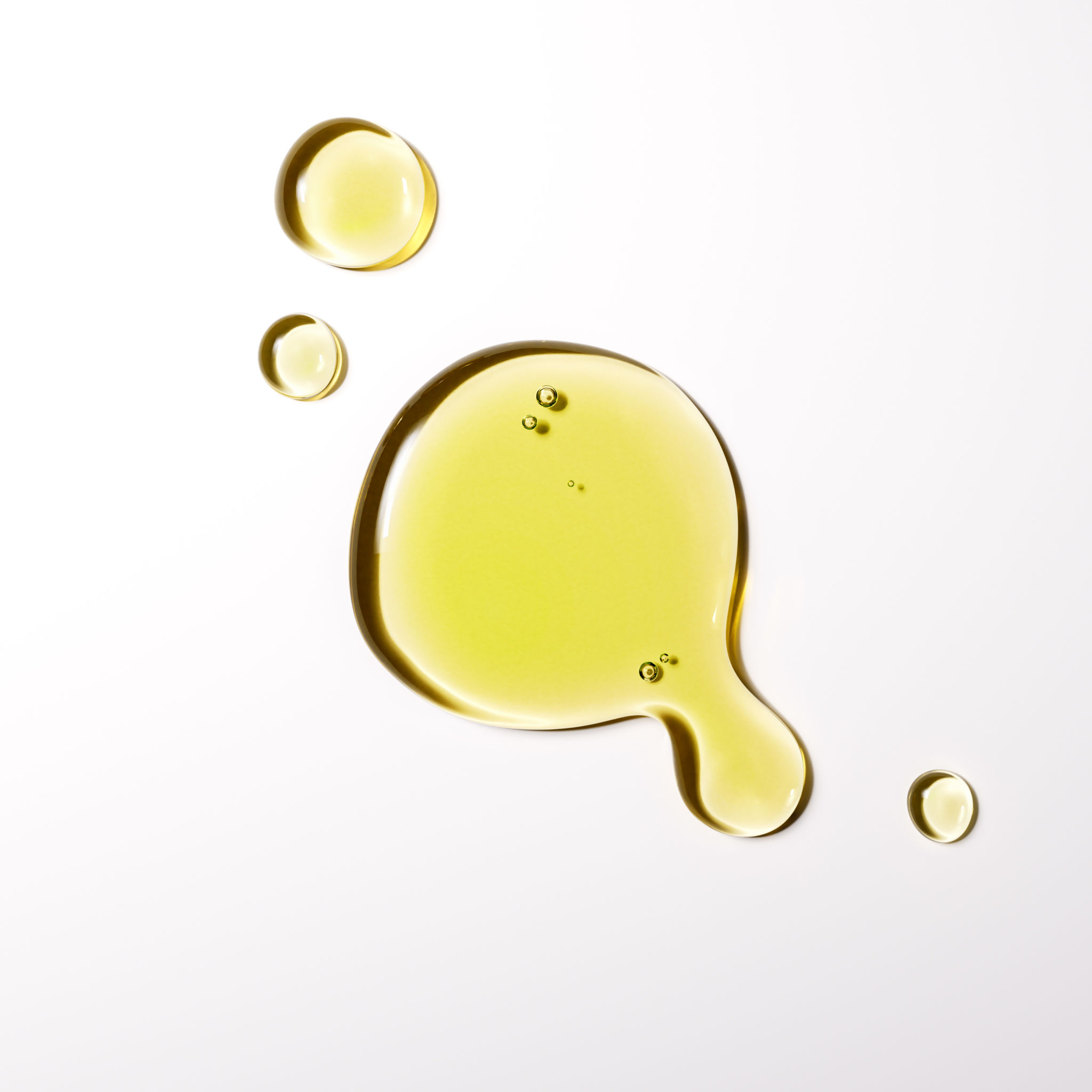Debunking Myths: Are All Natural Skin Care Products Truly Safe?
Understanding the Appeal of Natural Skin Care
The allure of natural skin care products is undeniable. Many consumers believe that by choosing products labeled as "natural," they are opting for a safer and healthier option for their skin. This perception is fueled by the notion that natural ingredients, derived from plants and minerals, are inherently better and less harmful than synthetic ones.
However, the question remains: Are all natural skin care products truly safe? To address this, we must delve deeper into what "natural" really means and whether it guarantees safety or efficacy.

Defining "Natural" in Skin Care
The term "natural" is often used loosely in the beauty industry. Unlike terms such as "organic," which are regulated and require certification, "natural" can mean different things to different manufacturers. It often indicates that the ingredients are sourced from nature, but it does not necessarily mean that they are free from synthetic chemicals or preservatives.
It's crucial for consumers to read the ingredient list and not rely solely on marketing buzzwords. Being informed about what goes into a product can help in making safer choices.
Potential Risks of Natural Ingredients
While natural ingredients can be beneficial, they can also pose risks. For instance, essential oils, which are common in natural skin care products, can cause allergic reactions or skin irritation in some individuals. Similarly, botanical extracts can be potent and may not suit everyone’s skin type.
Some natural ingredients, such as citrus oils or certain plant extracts, can increase photosensitivity, making the skin more susceptible to sun damage. It's important to conduct patch tests before fully incorporating a new product into your routine.

The Role of Preservation
One significant concern with natural skin care products is preservation. Without proper preservation, products can become breeding grounds for bacteria and mold, which can be harmful when applied to the skin. While some consumers may wish to avoid synthetic preservatives, it's essential to recognize their role in ensuring product safety.
Natural preservatives exist, but their effectiveness may vary. Products that claim to be free of any preservatives should be used with caution and stored according to recommendations to prevent contamination.
Myth-Busting: Natural Equals Safe
The idea that natural equals safe is a common misconception. Just because an ingredient is derived from nature does not automatically make it harmless. Poison ivy, for instance, is entirely natural but can cause severe reactions. Similarly, some natural skin care ingredients can be irritating or even toxic at high concentrations.

How to Choose Safe Skin Care Products
To ensure you're choosing the safest options, consider the following tips:
- Research Ingredients: Familiarize yourself with common natural ingredients and their effects.
- Conduct Patch Tests: Always test new products on a small area of your skin before full application.
- Check Expiration Dates: Natural products may have shorter shelf lives, so be mindful of expiration dates.
- Look for Certifications: Products with certifications like USDA Organic or Ecocert may offer additional peace of mind.
Consulting Professionals
If you have concerns about specific ingredients or products, consulting a dermatologist can provide personalized advice. A professional can help identify which natural ingredients are suitable for your skin type and which may pose risks.
Ultimately, the safety of a product depends on its formulation and how it's used. By staying informed and cautious, you can enjoy the benefits of natural skin care while minimizing potential risks.